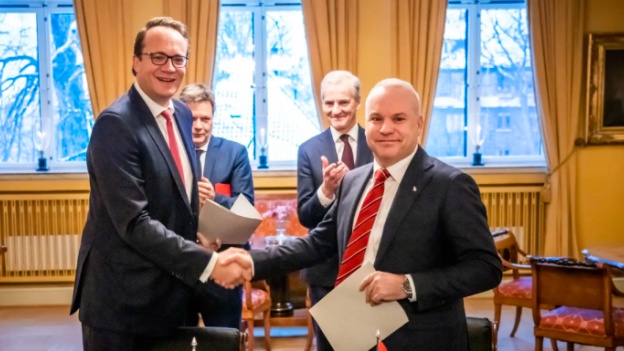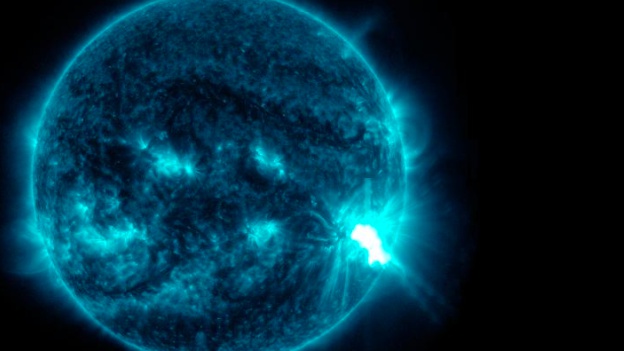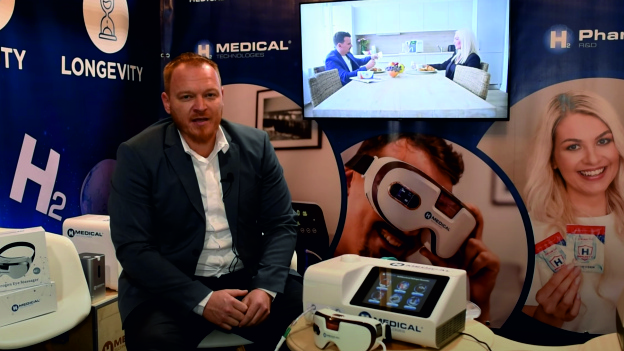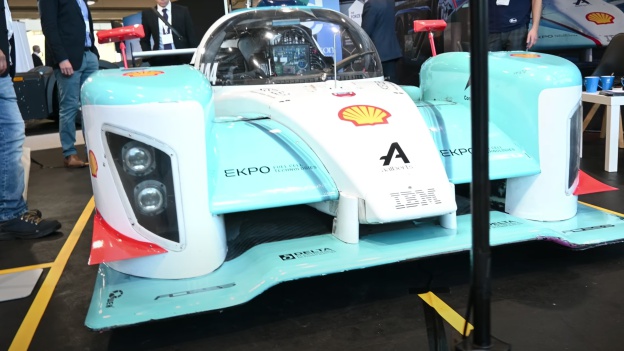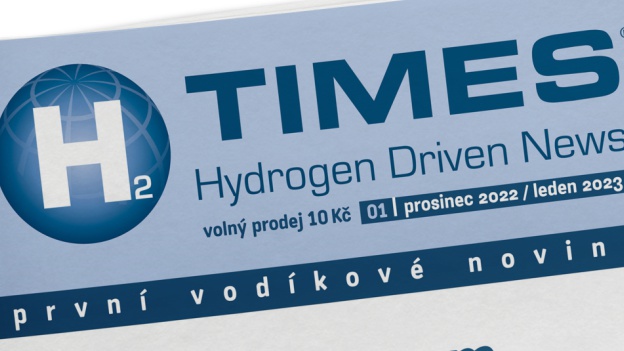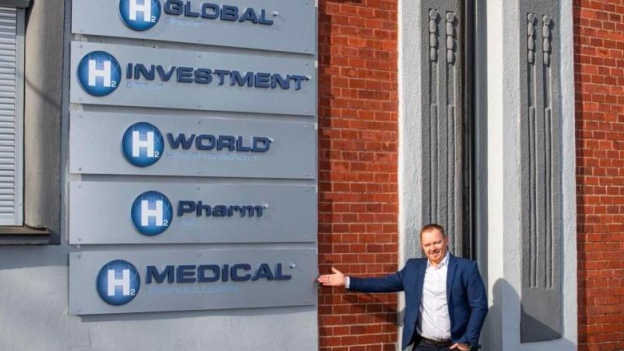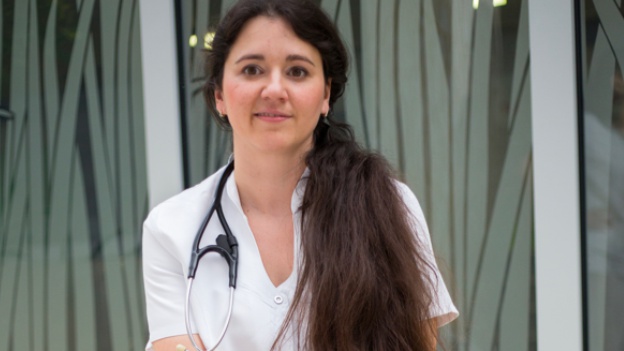To the west of us, megawatts. In the future, we'll need gigawatts. And the Czech Republic is still only in the kilowatt range. What are we talking about? About the capacity of currently installed facilities for efficient conversion and use of renewable energy. Changing this balance is the ambition of the cutting-edge research project Energy Conversion and Storage, which has just received a four-year grant of CZK 489 million.
Experts from the University of Chemical Technology in Prague will collaborate on the research with experts from the Czech Technical University in Prague, Charles University, the J. Heyrovsky Institute of Physical Chemistry and Brno University of Technology. The Jan Amos Komenský Operational Programme, from which the project is financed, draws money from the European Structural Funds.
"Practical experience in the introduction and use for conversion and further use of emission-free energy sources is not great in the Czech Republic. The knowledge base is fragmented. We have now brought together excellent experts in the fields of energy storage, hydrogen technologies, light radiation use and modelling, together with engineers and architects who will be able to integrate the studied technological systems into urban planning units," says Professor Karel Bouzek from the University of Chemical Technology in Prague, the coordinator of the whole group.
Functional know-how from A to Z
The aim is to establish a partner for the public administration and the commercial sector, with a broad knowledge base, able to provide expertise or support in the field of research, development and deployment of these technologies in practical life. "Both sectors will have to increase the share of renewable energy very rapidly and dramatically in the coming years, both for electricity supply and to reduce the emission footprint of chemical, metallurgical and other production. We will be able to supply them with the know-how from A to Z," said Professor Bouzek.
The scientists will carry out a total of six research projects over the next four years. The ambition is to offer original solutions in the field of chemical processes that underpin the conversion and storage of renewable energy and its integration into the electricity grid.
Converting solar energy into hydrogen
Experts will work on developing batteries and supercapacitors, converting renewable electricity into new fuels and platform chemicals, or converting solar energy into energy-rich compounds such as hydrogen, methanol or hydrocarbons.
Platform chemicals are a kind of chemical building blocks that serve as starting materials for the creation of various useful products, such as polymers.
They will also look at molecular design for energy conversion and storage, engineering energy storage and conversion systems, and energy for buildings, cities and communities.
Technological breakthroughs should allow scientists to expand the capacity of installed renewable energy sources as well as increase the efficiency of energy storage. This, according to Bouzek, will fundamentally facilitate the decarbonisation and restructuring of the Czech economy.















